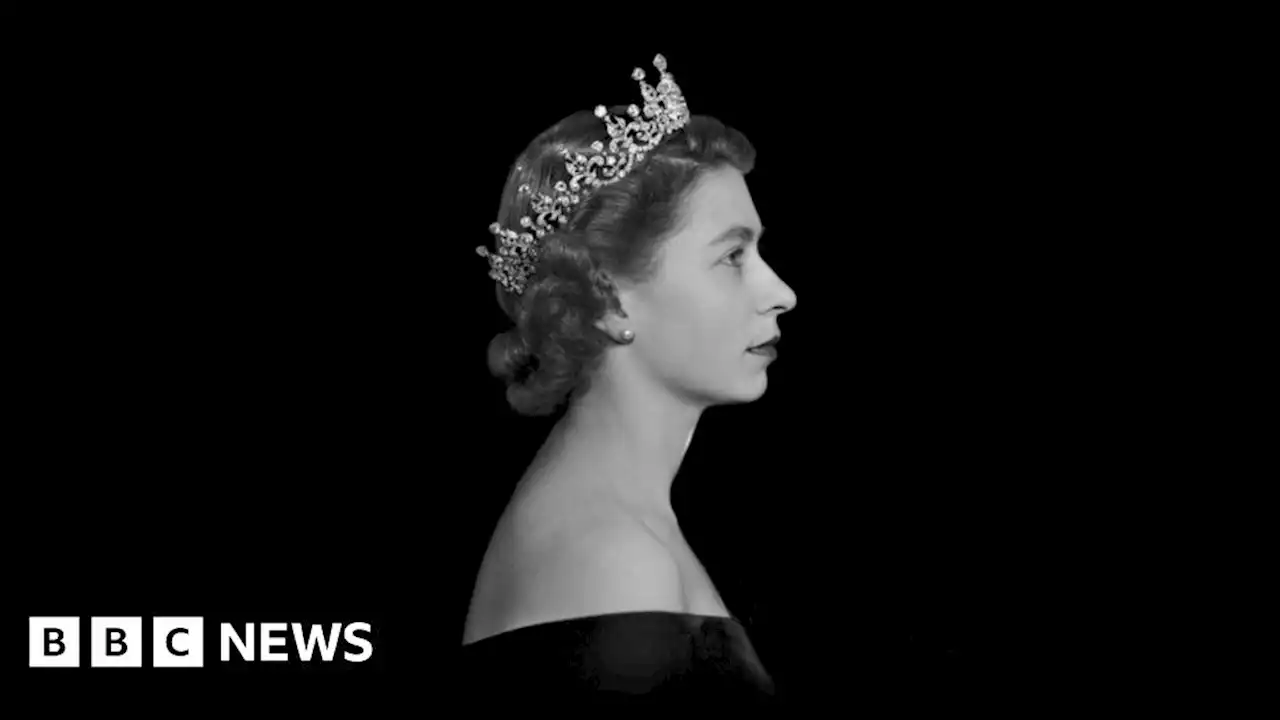'This is the moment history stops' The BBC's Royal correspondent Jonny Dymond reflects on the significance of Queen Elizabeth II's death
This is the moment history stops; for a minute, an hour, for a day or a week; this is the moment history stops.
The other speech is more formal. More than seven decades later, on the 75th anniversary of the day the war in Europe ended, she sits behind a desk, a picture of her father, the late King, in uniform, to her right. Over the decades she spoke little, and revealed even less, about herself in public. She - a child of the broadcast age - never gave an interview. Once or twice she would be filmed "in conversation" with a trusted friend, talking amicably about something uncontroversial, like the royal jewellery collection.
And she came from a generation - and from a nation - that did not feel the need to share its feelings. The nation would change. She would not. Monarch and monarchy fitted hand-in-glove; a sovereign who relished tradition leading an institution established upon it.A life-long love of the countryside - in Windsor Great Park with Prince Charles and Princess Anne in 1956, and with Prince Philip at a farm on the Balmoral Estate in Scotland in 1972
Consumer goods - fridges, washing machines, televisions and vacuum cleaners - transformed homes and social lives. Women joined the workforce; old working-class communities were swept away with the slums that housed them; a society once cohesive and homogeneous became mobile, atomised and diverse, uprooted from old certainties and loyalties.
Family always came second to the Crown. When her first two children, Prince Charles and Princess Anne, were little more than toddlers, they were left behind - as she and her sister Princess Margaret had been left behind by their parents two decades earlier - as the Queen and the Duke of Edinburgh went on a six-month world tour.
"A low point in her life," wrote one biographer, not because of what had led to the rare public admission of tough times, "but because of the lack of gratitude, even derision, with which her 40 years of dedication appeared to have been crowned." Just months after that victory, one hot August night in Paris, came the death of Diana, Princess of Wales. A broiling carpet of flowers soon stretched out in front of Kensington Palace. The flag-pole above Buckingham Palace remained bare. Many in the nation found themselves desolate at the loss of the Princess.
She had refused to broadcast at first, then yielded, then agreed to speak live. She spoke to the nation, just before the BBC Six O'clock news. She - who had once driven broadcast executives to despair with her wooden delivery - barely had time to prepare. Nothing would compare to the first dazzling decade of her reign, before television made her image commonplace and her tours accessible from the living room. On her long 1954 tour of Australia, two-thirds of the country is thought to have turned out to see her; in 1961 two million people lined the road from the airport to the Indian capital Delhi; in Calcutta three-and-half million would stand and wait to see the daughter of the last Emperor.
International tours were taken on behalf of the government of the day; they were tools of foreign policy - if not explicitly, then on the understanding that the Queen's influence would be beneficial to the relationships between Britain and the places she visited. And no visit marked and sealed a changed relationship more than her trip to Ireland in 2011. Not for a century had a British monarch been to the south. When her grandfather had visited in 1911 the island of Ireland was one, part of the United Kingdom of Great Britain and Ireland. Violent revolt, partition and independence would follow.
At dinner she would open her speech in the Irish language, winning nearly every Irish heart. In that speech she spoke the language, if not the words, of apology; "With the benefit of historical hindsight, we can all see things which we wish had been done differently, or not at all." And she was there to listen. All her prime ministers could be entirely confident that nothing they told her would escape. So she was the one person to whom they could freely talk who truly understood the machinery of state. For so many prime ministers, so often embattled, this was also a relief, an escape from watching their back and holding their tongue when around colleagues and rivals.
And she remembered what she read, sometimes catching her prime ministers out with her graft and her recall. "I was astonished," wrote Harold Macmillan "at Her Majesty's grasp of all the details sent in messages and telegrams."Politically neutral, diplomatically useful - alongside former and current prime ministers in 1985, and with then US President Ronald Reagan in 1983
The Queen never had reason to deny a dissolution of Parliament, and it would have been an extraordinary act to do so. She well understood the tightly circumscribed role she had inherited. And twice she stepped - very gingerly - into the debate over Scottish independence, once in a speech in the 1970s and once just before the referendum of 2014. Was this too political? To some nationalists, yes. But it was hardly surprising that she would urge a little caution on those preparing to decide on the break-up of her kingdom.
Her grandfather laid the foundations for a monarchy that served rather than ruled the nation, but spent much of his time blasting birds from the skies. Her father's reign was decided for him by fate: he was thrust into a role he did not expect and wore military uniform for much of his time as King.
United Kingdom Latest News, United Kingdom Headlines
Similar News:You can also read news stories similar to this one that we have collected from other news sources.
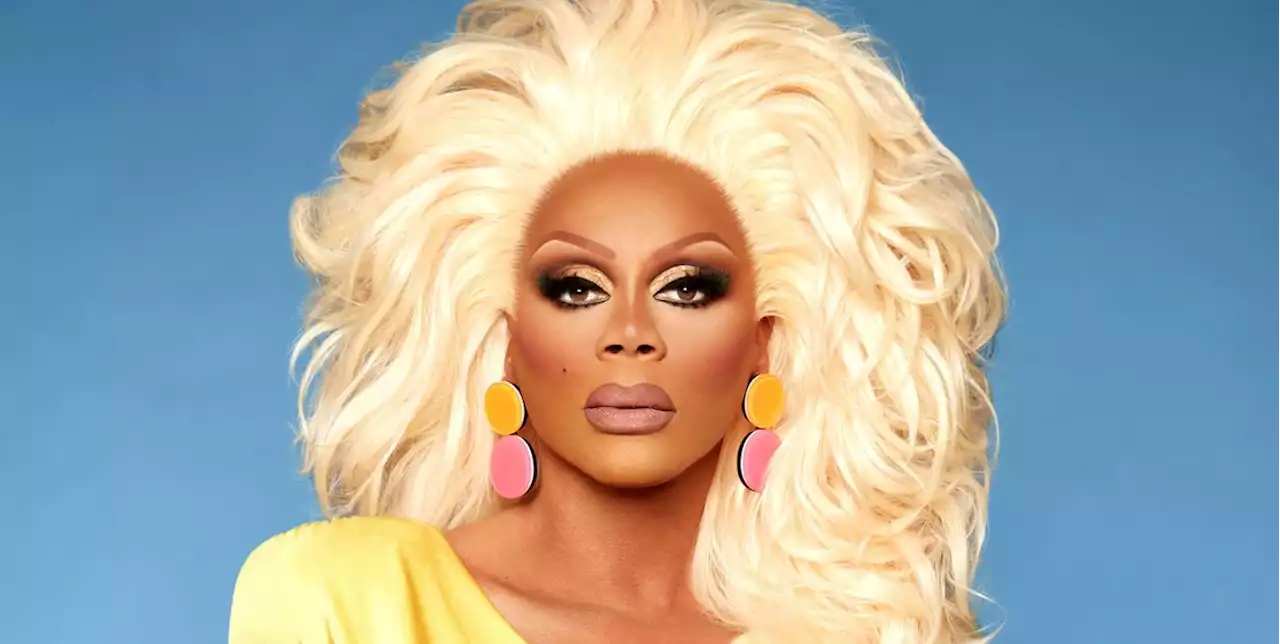 RuPaul's Drag Race UK series 4 - meet the queens of 2022RuPaul's Drag Race UK series 4 - meet the queens
RuPaul's Drag Race UK series 4 - meet the queens of 2022RuPaul's Drag Race UK series 4 - meet the queens
Read more »
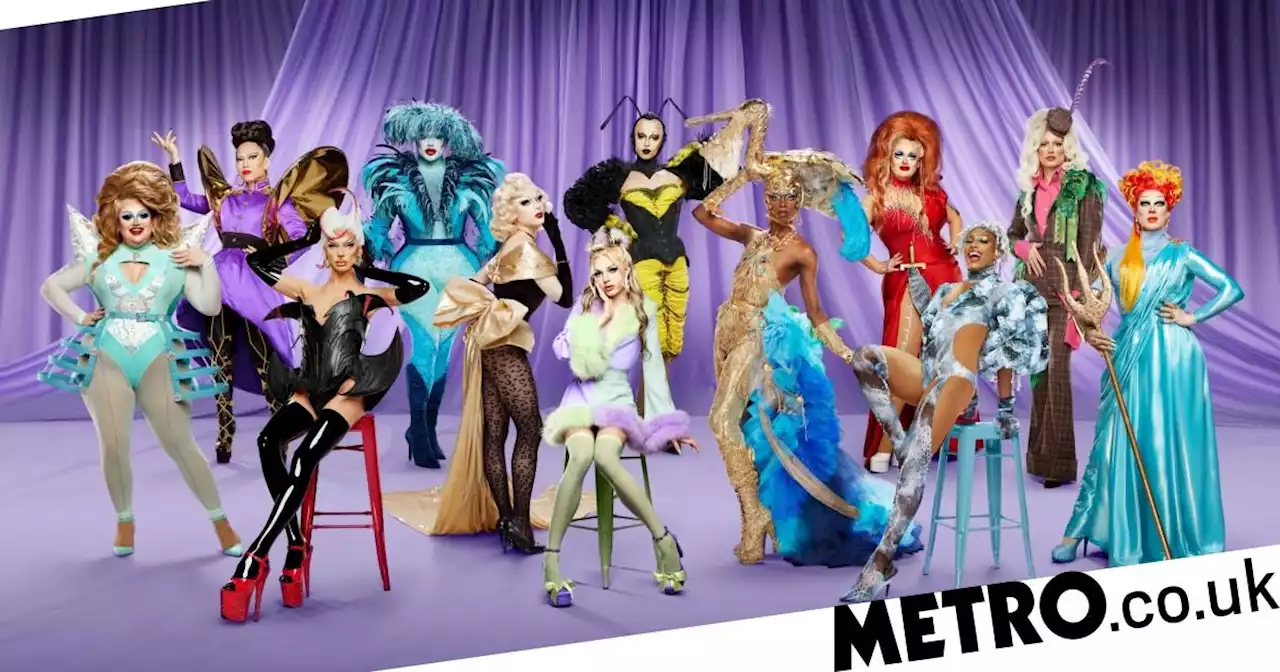 Cheryl Hole offers advice to the queens of Drag Race UK 4 - and to you viewers'During the airing of Drag Race Vs The World earlier this year, I came across an article that was frankly laughable' | ✍ Cheryl Hole writes for MetroOpinion
Cheryl Hole offers advice to the queens of Drag Race UK 4 - and to you viewers'During the airing of Drag Race Vs The World earlier this year, I came across an article that was frankly laughable' | ✍ Cheryl Hole writes for MetroOpinion
Read more »
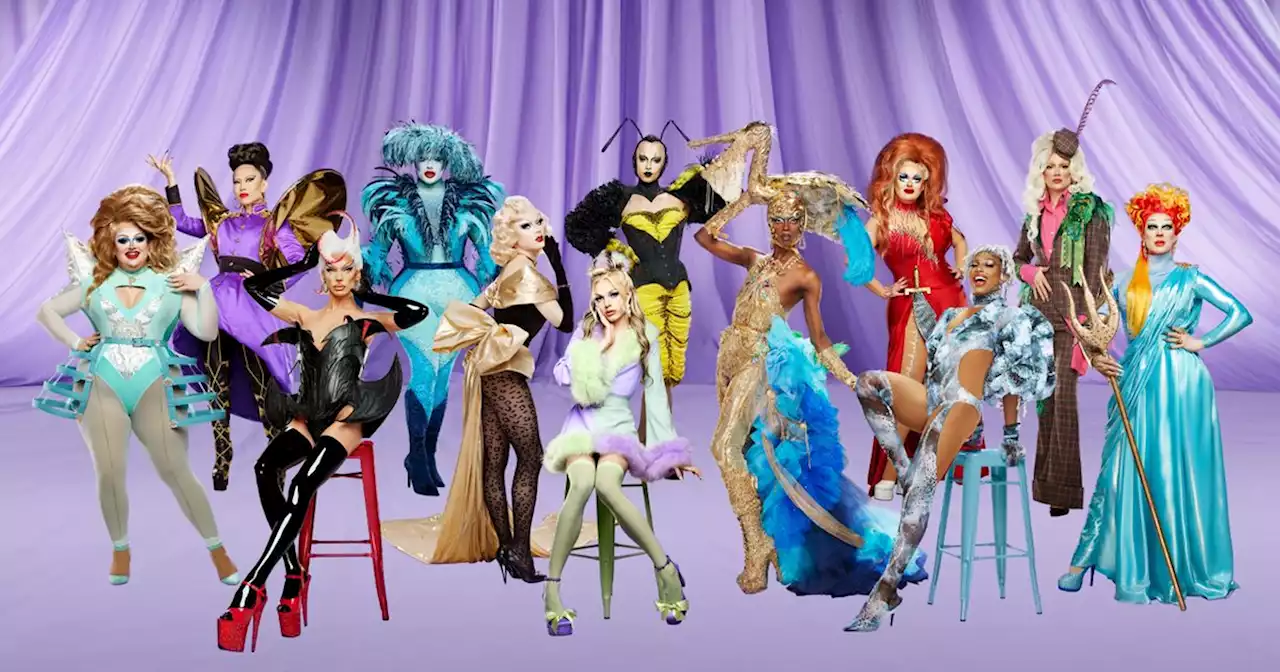 RuPaul's Drag Race UK announce 12-strong cast of queens for fourth seriesIt is time to gear up, ladies, gentlemen and people of all genders, as RuPaul's Drag Race UK Season Four sashays into town - we are taking you to meet your new queens now.
RuPaul's Drag Race UK announce 12-strong cast of queens for fourth seriesIt is time to gear up, ladies, gentlemen and people of all genders, as RuPaul's Drag Race UK Season Four sashays into town - we are taking you to meet your new queens now.
Read more »
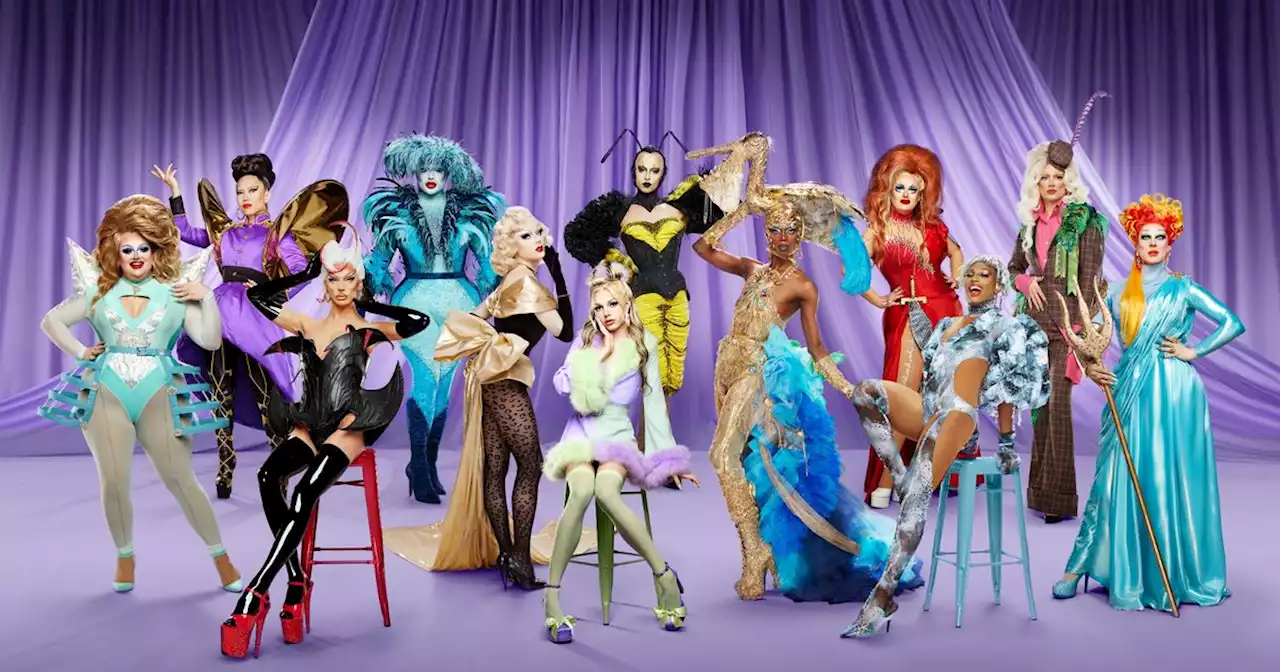 Meet the new Drag Race UK Queens ready to dazzle for series 4A new series of Drag Race UK is nearly here so it's time to meet the queens who will be vying for the crown
Meet the new Drag Race UK Queens ready to dazzle for series 4A new series of Drag Race UK is nearly here so it's time to meet the queens who will be vying for the crown
Read more »
